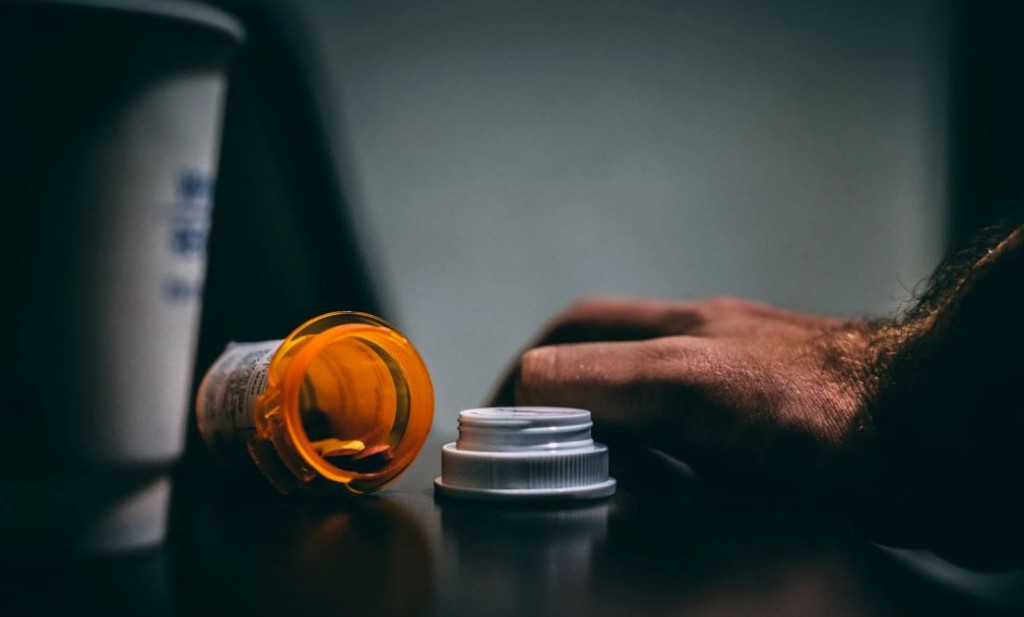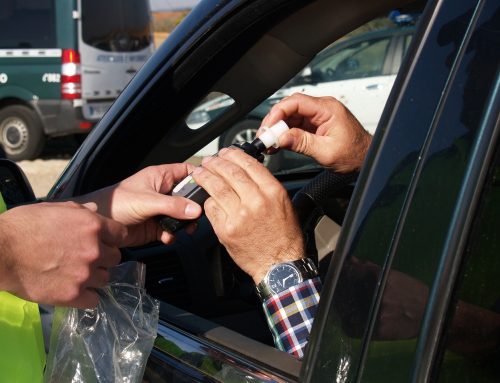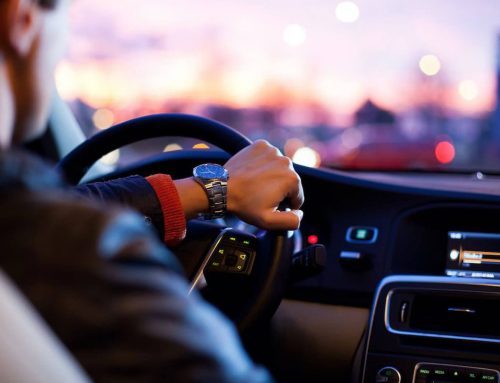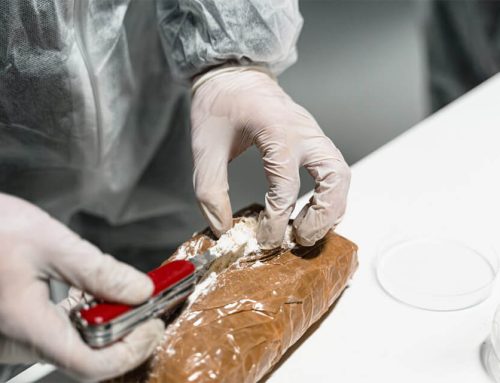For the average person, law is a complex web of situations, tricky wording, fine print. Crimes that involve illegal drugs or controlled substances are no different. In fact, many people confuse the possession of controlled substances with the consumption of drugs.
Consuming drugs can have significant legal consequences, especially when the consumption is in conjunction with a regulated activity like driving. However, while it is common knowledge that a person can be charged for operating a vehicle with drugs in their system, what about being on a bicycle or on foot?
A Jaswal & Krueger criminal defence lawyer can answer all of your questions and will assist you with any drug-related crime with which you have been charged.
Is Drug Consumption the Same as Drug Possession?
Legally, there is a significant difference between possessing illegal drugs and consuming them.
Criminal Code and Controlled Drugs and Substances Act offences, a.k.a drug offences, are concerned with the possession of illegal drugs and rarely about the consumption of drugs, with a few exceptions. While it is an offence to possess certain drugs, once the drugs leave your possession – potentially from consuming them – then you are no longer committing the offence of possession.
For example, when possession of marijuana was still a Criminal Code offence, the smell of burnt marijuana would not necessarily allow a police officer grounds to arrest someone. This is because the smell of burnt marijuana might linger well beyond the consumption of marijuana and no longer provide evidence that there was a current offence of possession occuring.
Just because someone had smoked marijuana before, does not establish that they have some in their possession now. Often though, a police officer would testify that they smell fresh unburnt marijauna, establishing that they believe the person is currently possessing marijuana.
There is no law that indicates individuals will be arrested merely for consuming a drug unless the individual is in a public place or operating a machine of some kind and the person is impaired.
While Operating a Motor Vehicle
The Government of Canada has listed various drugs and their concentrations that will prompt an arrest if you have them in your system while operating a motor vehicle. Illegal drugs, such as cocaine, are cause for arrest at any detectable level. However, with cannabis, the level of Tetrahydrocannabinol (THC) in your system will determine the type of charge.
You can be charged with a summary conviction, a hybrid offence, or the police officer can enforce sanctions. British Columbia has a wide variety of prohibitions and suspensions that can come into play if a police officer believes you’re in or operating a motor vehicle while impaired.
Here are some examples:
- The police officer can issue you with a notice of a 24-hour driving prohibition, and you must surrender your licence to them.
- You can receive a 90-day Administrative Driving Prohibition (ADP) if an evaluation by a Drug Recognition Expert (DRE) found you were impaired at the time you were driving.
- A Graduated Licensing Program (GLP) participant may be given a 12-hour prohibition if they have cocaine, THC, or alcohol in their body.
Motor-Assisted Bicycles
Whether you call them motor-assisted, power-assisted, or electric-assisted bicycles, the Criminal Code does not necessarily provide a clear definition. However, it does provide the definition of a motor vehicle, which could potentially be applied to a motor-assisted bicycle.
No matter the definition, it remains a requirement that all individuals drive responsibly while on the road under the Motor Vehicle Act, regardless of the machine in operation. Keeping that in mind, it is possible (and the Crown counsel has the authority) to charge anyone with drugs in their system if it results in a form of impairment while driving a motor-assisted bicycle.
On a Manual Bicycle
Manually operated bicycles are an exception. However, while you can’t be charged for having drugs in your system while operating a traditional bicycle, you can be charged for breaking other laws.
Drug-related impairment can cause cyclists to endanger other individuals on the road and sidewalk. They can be ticketed or face severe charges if they run red lights, change lanes without signalling, or injure pedestrians.
On Foot
Some may find it surprising, but you can be charged when you’re on foot if you have drugs in your system. Much like when operating a manual bicycle, if you are impaired to the point of being a danger to yourself and others, you can be arrested and charged. This often leads police officers to investigating further and finding cause to charge individuals with additional offences.
If you are impaired to the point where you’re not in complete control of your faculties while walking to a destination, you could face consequences. Being aggressive in a public place while impaired with a drug or controlled substance is another possible cause for arrest.
At the Border
With cannabis being legal in Canada, it can cause problems for Canadians when they wish to travel to the United States. If you declare consumption of cannabis at the border, whether it was years ago or hours ago, you can be banned from entering the country. Moreover, you can face up to 14 years in jail.
If you have a criminal record, the U.S. border guards will have access to it and may ban you from entering, even if you’re travelling for business purposes. Applying for and receiving a U.S. Waiver is a possible solution.
Exception: Overdoses
As a way to encourage Canadians to report drug overdose cases, the federal government created the Good Samaritan Overdose Act. If you, a friend, or other parties report an overdose case, the Act may protect all parties involved in the overdose situation.
Protection is possible if:
- You possessed drugs for your own use.
- You were previously charged for simple drug possession and violated the conditions of your bail, probation, or conditional sentence.
However, the law is rarely clear cut. Each case has many aspects to consider, and there are times when the police aren’t aware when the law protects you. It’s essential to contact a lawyer whenever you’re in trouble with the law.
Contact a Criminal Defence Lawyer Right Away
If you’ve been charged, our experienced lawyers can help. We’ve spared our clients from having a criminal record, reducing possible jail time and fines to simple community service. Don’t forget: not all police tests are accurate! There is always a chance that they may have miscalculated the amount of drugs in your system.
We will assist you with the legal processes and fight for your rights. Jaswal & Krueger are with you every step of the way.
Contact us for a free consultation!















